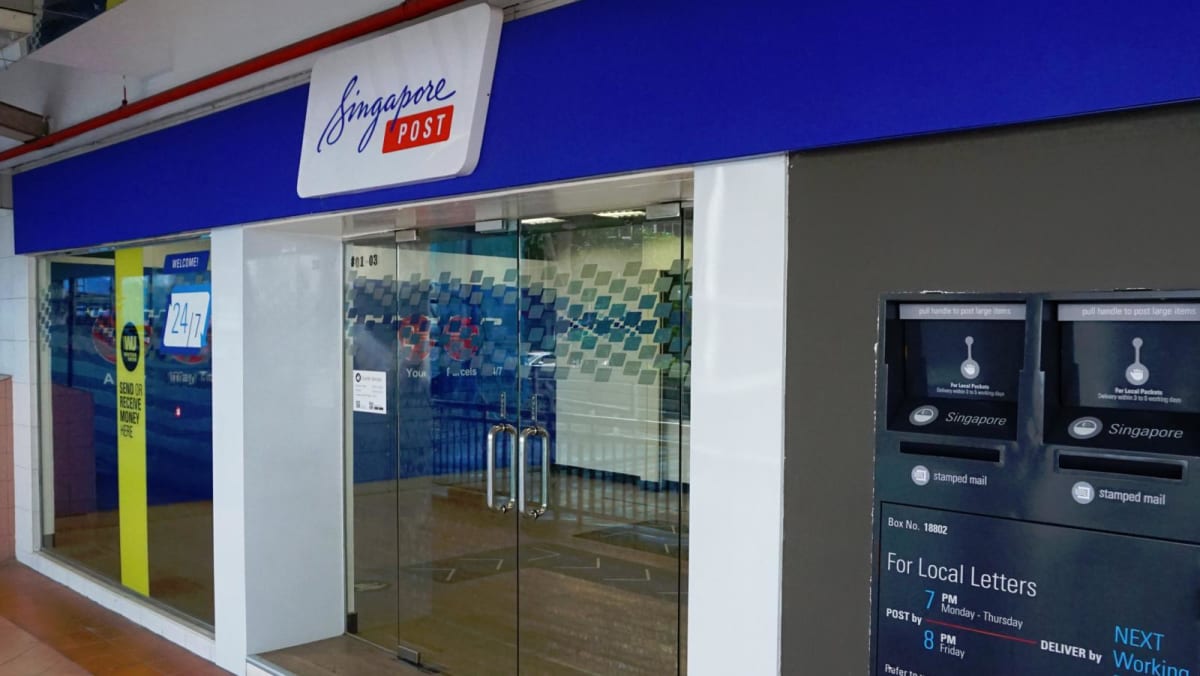Ms Ling from OCBC said that there is likely an “air of caution” in many corporate hiring intentions, which is affecting fresh graduates.
“The entry-level job market is like the canary in the coal mine. It is first to feel the chills from any slowdown in hiring intentions,” she added.
“While overall retrenchments and unemployment numbers remain controlled, anecdotally, some companies are already on a hiring freeze in anticipation that 2025 may be challenging due to the myriad of uncertainties after the United States elections, China’s bumpy recovery, as well as geopolitical tensions.”
Granted that seasonal factors such as the Christmas and Chinese New Year periods often see a rise in contract work in certain service sectors, the increasing pattern of temporary work is likely driven more by corporate restructuring and increased global uncertainty, an academic said.
Dr Kelvin Seah, a senior lecturer in economics at NUS, added: “Artificial intelligence, automation and industry-specific transformations have inevitably led to much corporate restructuring, especially in large companies around the world.
“As a result, companies may require specialised skills such as in technology and marketing on a short-term basis, during the process of these transformations.”
Businesses may therefore prefer contract-hiring fresh graduates who lack prior work experience.
This trend, however, may also have an impact on some industries or types of businesses more than others.
Ms Choy from Young NTUC said that certain “key growth areas” may be expected to offer continued demand for fresh graduates in the face of rapid developments in digital technology, an ageing population and the greening of Singapore’s economy.
Some roles that graduates may look out for include those in sustainability, info-communications technology, as well as care and support services such as roles in healthcare and general education.
In response to queries from CNA TODAY, the Association of Small and Medium Enterprises said that it has not observed a “significant shift” among SMEs toward offering contract roles.
“Most SMEs continue to struggle to attract talent, and offering contract roles would likely make it harder to secure suitable candidates,” it added, unlike government agencies and larger corporations that may be more inclined to offer contract positions.
However, with the rise of digital work and higher salary demands from Singaporeans, the association noted that fresh graduates and professionals of all ages are facing stiff competition from regional talent.
It contended that fresh graduates these days might perceive an increase in contract or temporary positions compared to past graduation periods, particularly as MNCs and larger companies freeze hiring or undergo restructuring.
In addition, ongoing discussions around rising costs, flexible work expectations and the offshoring of some roles to neighbouring countries may influence SME hiring trends, including a slowdown on hiring full-time professionals. This may contribute to the perception that more internship roles are available than full-time positions, the association added.
HOW FRESH GRADS COULD LEARN FROM CHANGES
As employers strategise by turning to short-term hiring, what it usually means for contract workers is that they receive fewer benefits, limited insurance coverage and relatively lower job security.
Some fresh graduates said that their internships offered low pay and an elastic job scope, with a workload akin to that of a full-time position.
Ms Sarah Neo, head of career development at SUSS, said that contract work may sometimes lack the structured career progress found in permanent positions, which can limit early career advancement opportunities.
Employers told CNA TODAY that their internships and contract positions, even the longer contracts that extend to a year or two, typically do not provide the same health benefits and bonuses as full-time roles. Ms Neo noted that this can affect the overall earning potential and financial stability of young professionals.
Despite these drawbacks, human resource experts suggested that short-term work in the form of internships and part-time contracts, as they become more popular, may grow to be viewed as legitimate experiences that are part of a career trajectory.
Ms Karen Ng, regional head of expansion at human resources platform Deel, said that full-time experience is still “highly regarded”, but employers increasingly value internships, contract roles and part-time work as “essential components” of a fresh graduate’s experience.
As more businesses pivot to a global workforce, Ms Ng also said that it is important for fresh graduates to accumulate working experience, to prove that they have been tested in business environments, even if temporarily.














